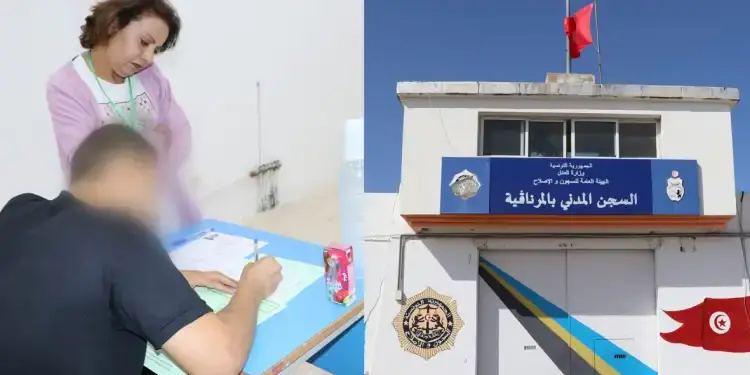While nearly 151,000 students start the 2025 baccalaureate tests in Tunisia this week, special attention is paid to 1,056 candidates benefiting from specific measures. Handicap, detention, rare disease or advanced age: these singular profiles recall that equal opportunities is also a case of adaptation.
The kick -off of the 2025 baccalaureate tests was given this Monday, June 2 with the philosophy test. If 151,808 candidates are expected in the examination centers across the country, special attention is paid to 1056 of them who will pass the test under conditions adapted to their situation.
Among the 10,56 special cases identified this year, 849 students will benefit from a third of an additional time for each event. This system is intended for candidates with learning disabilities or concentration difficulties, allowing them to compose in a less restrictive framework.
For visually impaired students, 125 copies will be printed with amplification of the characters in order to facilitate their reading. In addition, 55 subjects will be transcribed in Braille, allowing non-Voyant candidates to take the exams under conditions adapted to their handicap.
The baccalaureate also opens to specific life contexts: 22 candidates will pass the tests in prison. The Ministry of Education, in collaboration with that of justice, has implemented the devices necessary to guarantee the confidentiality and equity of the tests in these establishments.
Another exceptional situation: five “children of the moon”, suffering from Xeroderma Pigmentosum – a rare genetic disease which prevents them from exposing to daylight – will benefit from special arrangements. The exams are organized in protected rooms of UV rays and in hours compatible with their state of health.
Among the atypical profiles, that of a 74 -year -old man scored in the sport section attracts attention. This candidate illustrates that the baccalaureate is not only an academic test, but also a personal challenge and a quest for surpassing oneself, regardless of age.








